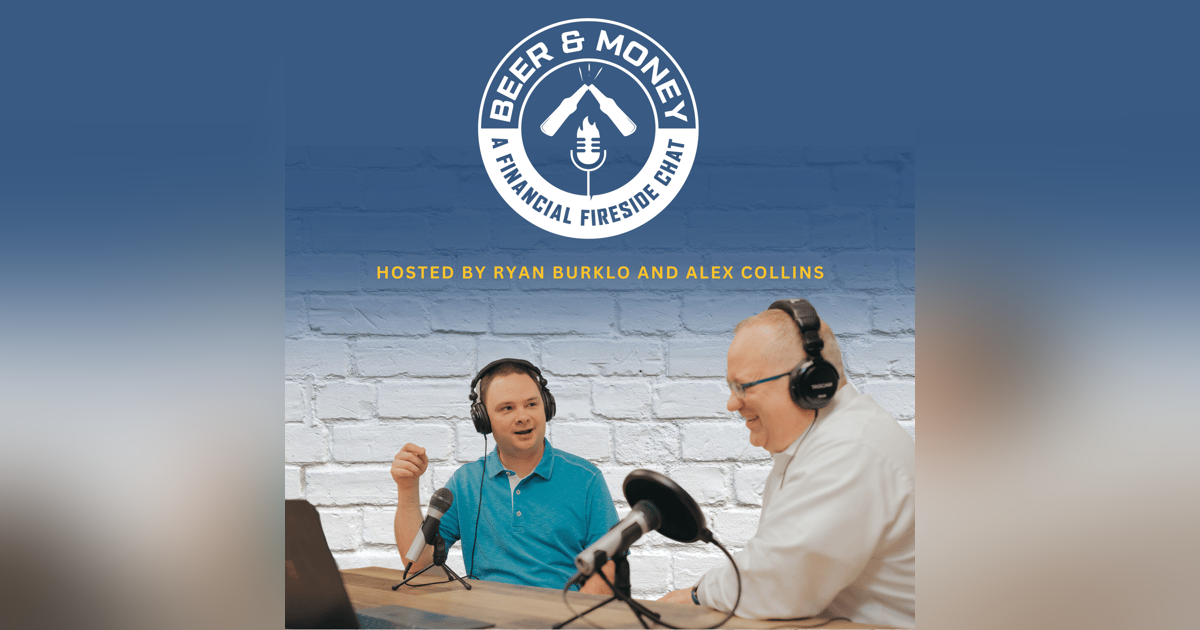Episode 276 - Debunking Tax Deferral Myths
In this episode of Beer and Money, Ryan Burklo and Alex Collins discuss the myths surrounding tax deferral, particularly the common belief that individuals will be in a lower tax bracket during retirement. They explore the implications of income...
In this episode of Beer and Money, Ryan Burklo and Alex Collins discuss the myths surrounding tax deferral, particularly the common belief that individuals will be in a lower tax bracket during retirement. They explore the implications of income growth over a career, the importance of tax planning, and strategies for managing tax efficiency in retirement. The conversation emphasizes the need for a balanced approach to retirement planning, considering both taxable and tax-free income sources.
Takeaways
Tax deferral is often misunderstood; it's not a one-size-fits-all model.
Many believe they will be in a lower tax bracket in retirement, but this is not always true.
Income growth during working years can lead to higher taxes in retirement.
It's crucial to analyze income needs and tax implications before retirement.
Managing tax efficiency can significantly impact retirement income.
Tax planning should include a mix of taxable and tax-free income sources.
The importance of flexibility in retirement income strategies cannot be overstated.
Understanding tax brackets is essential for effective retirement planning.
Many people overlook the long-term tax implications of their retirement savings strategies.
It's vital to measure the difference in taxes due when considering tax deferral versus tax-free options.
Chapters
00:00 Introduction to Tax Deferral Myths
02:09 Understanding the Tax Deferred Model
04:03 Analyzing Income Growth and Retirement
08:15 Tax Implications of Retirement Income
10:10 Strategies for Managing Tax Efficiency
12:11 The Importance of Tax Planning
16:26 Conclusion and Future Strategies




